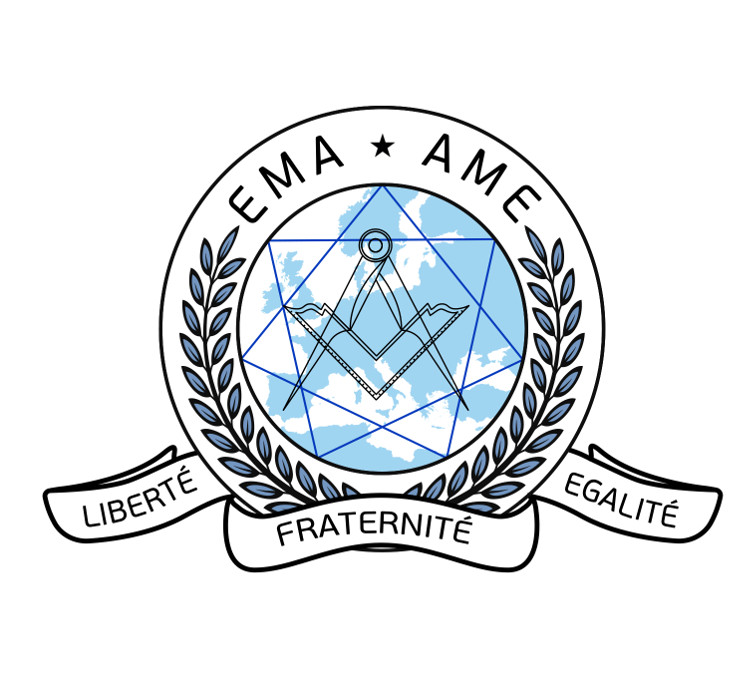Liberal Freemasonry: a singular thought
There is a particular interest in maintaining a relationship with Freemasonry Freemasonry because its thinking rests on foundations that are intimately linked to any democratic political action.
What are these foundations?
The first posits as an axiom that man is responsible for his destiny. This responsibility is different from a conception that would pose as an axiom that the destiny of humanity is exclusively in the hands of a God. To avoid any misunderstanding, this does not mean that Freemasons exclude the idea of a God (the percentage of Freemasons who believe in the existence of a God is similar, or even higher, than he is in the rest of the population), but it means that the Freemasons consider that man should not wait for solutions to his problems from another source than himself.
This conviction results in a second foundation that men must work for the betterment of themselves and of society. One understands, of course, that it is a question of investing oneself, through work, culture, reflection, action, in all that can contribute to the advent of a more enlightened humanity on its own nature and we also understand that this investment requires a high awareness of each other's belonging to this humanity, an awareness that we claim under the name of fraternity.
This need for the commitment of all in a process of constant improvement of man and society can not be limited. The commitment of all is the requirement of democracy, joined to the absence of limit is freedom of conscience.
This demand of freedom of conscience extended to all, makes the Freemasonry an institution which is quite the opposite of a chapel. It is not a question of rejecting the interest of the expression of religions, it is a question of considering that one can not be limited to a form of intellectual confiscation which would be that the speech emanating from the religions would have more value because in the name of God, ie out of a democratic process. Of course, no one is afraid of God, and we do not want the answers to the religious prohibitions to be answered by the word God, thus evacuating easily the very human part of the construction of religious recommendations and prohibitions. . However, this does not imply that these recommendations and prohibitions are devoid of any political value but, their mode of construction, undemocratic and above all the fixed character, can not be open to challenge, these rules and prohibited justifies that any political power whose mission is to act on the evolution of societies is clearly separated from the religious power, which can be an aid, but which is most often a brake, as we see for example on the question of the right of women ...
Our approach takes into account an essential political dimension: in spite of a discourse centered on the fraternity of the men supposed to be all from the same creator, the historical reality does not always support this affirmation of the reality of an inter-religious fraternity even extended to all human beings; at best, it manifests itself in the recommendation of a peaceful coexistence (which can be called communitarianism) excluding besides the atheists rather than a true equality / fraternity.
To be clear, Freemasons are the heirs of the philosophy of enlightenment, they want human beings to direct themselves, to submit to a critical examination the traditional authorities, thus also the religious precepts and the role they play in society: religion must be separated from political power. However, the Freemasons never attack faith in a God whose respect he respects everyone's freedom to have or not.
The demands of responsibility, of working from the perspective of a society, of a better and more enlightened humanity, more free and equal, of commitment, of democracy, of tolerance, of freedom of conscience must make Freemasonry , a privileged interlocutor of institutions whose legitimacy and whose action is ultimately justified by the people.


